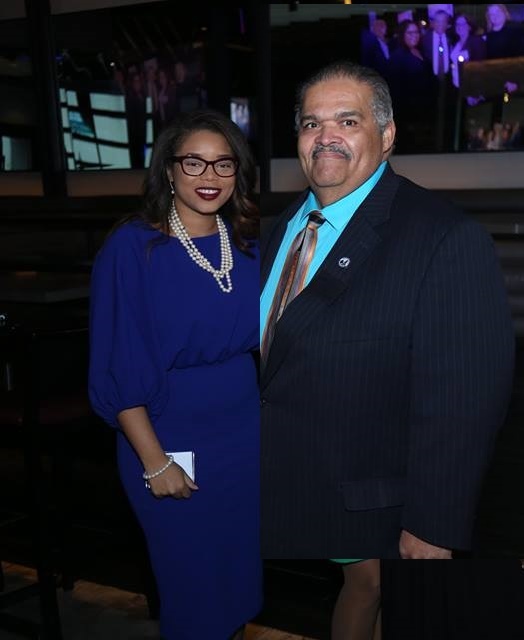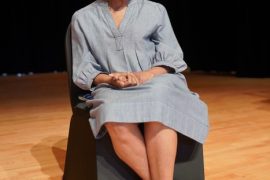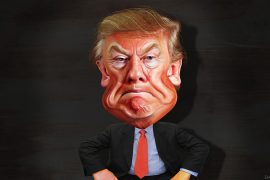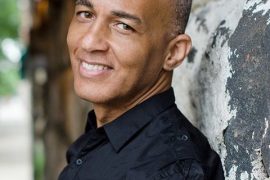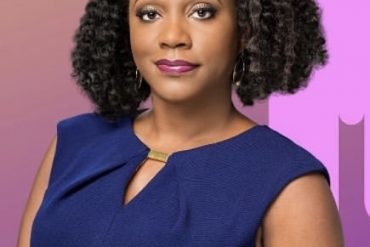Incoming Cook County Bar Association President Urie R. Clark currently serves as an Administrative Law Judge with the City of Chicago. The married father and grandfather began his storied career when he decided to change his major from electrical engineering to law and transferred to Loyola University of Chicago where he soon became President of the Afro-American Student Union.
Clark continued his education at DePaul University’s College of Law and upon graduation joined the Legal Assistance Foundation of Chicago. Years later, he would return to the LAF as a member of the board of directors. Born and raised on the South Side of Chicago, he lived in Park Manor, Chatham, Roseland, Englewood, Hyde Park and is now back in Park Manor.
Throughout his storied career, Clark has been versatile and worn many hats. He ran a private law practice on the South Side of Chicago for nearly two decades before accepting an offer to become an associate at National Equity Fund where he assisted in the closing and development of low-income housing across the United States.
Clark has also worked as an associate with the Chicago Public Schools. After a year, he was appointed Director of Real Estate, overseeing the entire real estate portfolio of CPS. Before his current position with the city, Clark was as a Mortgage Foreclosure Mediation Case Manager with the Chancery Division of the Circuit Court of Cook County.
Outgoing Cook County Board President Dartesia Pitts recently sat down with Clark to discuss his background and planned agenda exclusively for N’DIGO.
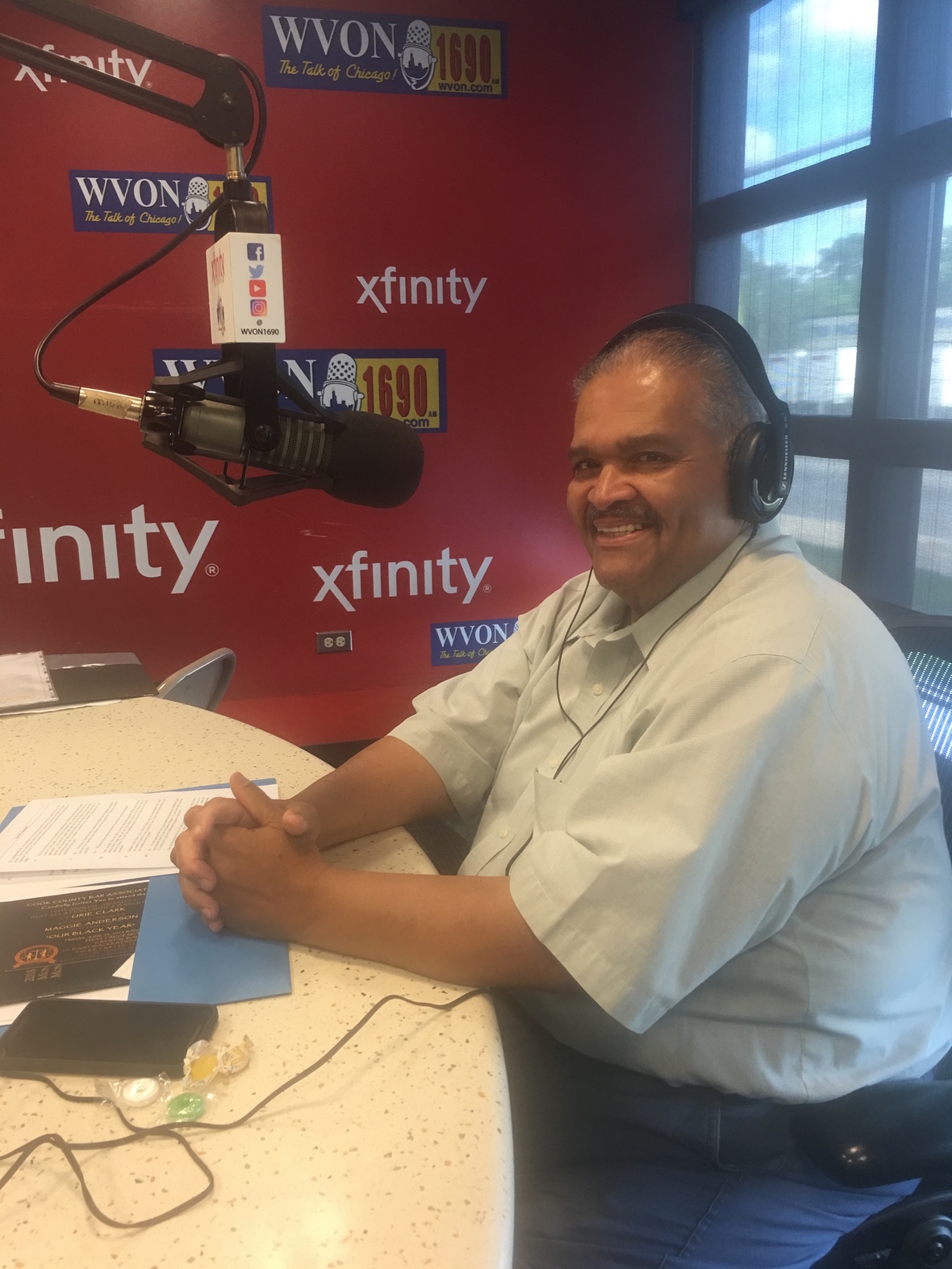
Dartesia Pitts: What can your membership and the community expect from you in your new role as president of the Cook County Board Association?
Urie Clark: The primary purpose of a bar association is to be of service to its members. We are fortunate to have a very diverse membership, and accordingly, a very diverse board encompassing people of all backgrounds, expertise levels and age groups.
My main goal is to seek new ideas and implement new strategies in improving the value of membership in the CCBA. By actively engaging our members, we will implement improved avenues for networking, continuing legal education, mentor-mentee, and professional development.
One impediment to our progress as professionals and as a race has been the continued friction between our different groups, be it age, gender, social status, religion or any of our other individual differences. We will form alliances with other Black bar associations in order to reach our common collective goals.
How do you believe the CCBA can best help the community on the local level, given the national state of affairs?
Another goal I have is to engage in active community involvement. We will continue to educate and be of service to our community. The CCBA was formed 104 years ago to fight the racial and economic injustices leveled against the Black community. That struggle continues to this day. Our community is under great stress. We have had no economic, business or social progress in many years. Some say we have even gone backwards in the last 50 years.
The late Judge R. Eugene Pincham told me that the whole purpose of law school was to weed out the weaklings.
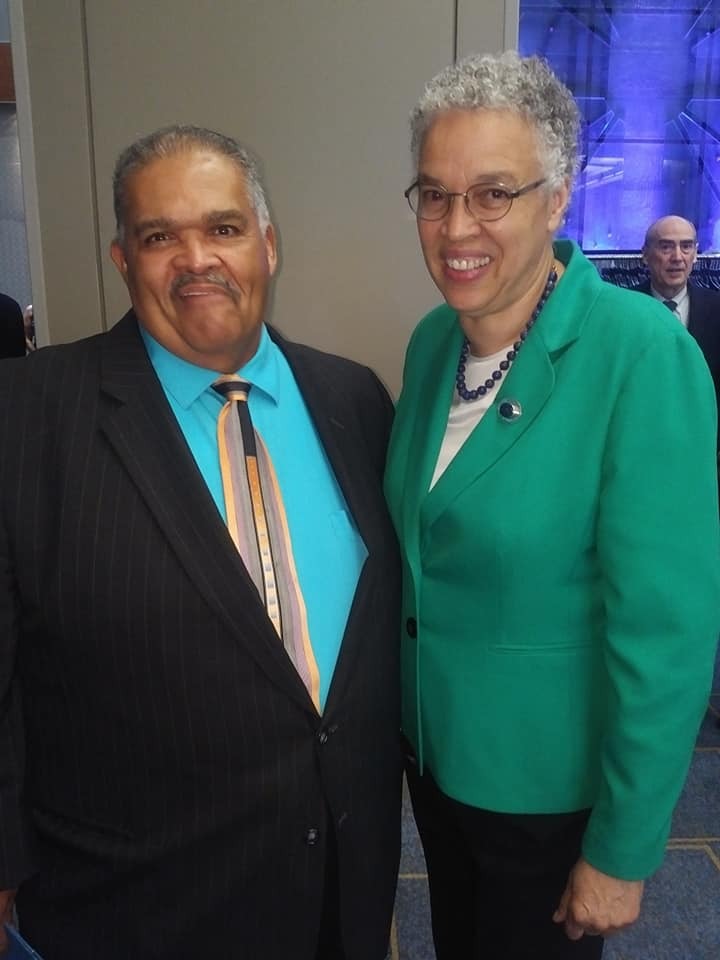
How can the CCBA membership be better stewards of their professional duty and service as attorneys?
We will continue to be involved in community education initiatives, community forums, and legal clinics while we engage business and legislative leaders in the formation of policies and agendas that are of actual benefit to the Black community and not just idle chatter.
You were previously the chair of the CCBA’s Judicial Evaluation Committee. What is the importance of what that committee does relating to the judicial ratings?
One of the only contacts that most citizens have with the governmental process is through the courts, and therefore, the judges who can have a significant impact on the family structure, economic stability, and freedom of those citizens.
When it is time to decide who is elected to or retained on the bench, most citizens have no idea who to vote for. Our Judicial Evaluation Committee takes on the ever-important role of evaluating those judges and reporting the results of our investigation and ratings of those judges to the community.
Mentorship is important. We all need them. Who mentored you throughout your career and how will you ensure the next generation of lawyers receives the same guidance?
I really never had a single mentor. I had “guides” that gave me direction and determination throughout my life. The first was my grandmother, Myra Spillman Alexander. She introduced me to the civil rights movement and the fight against the oppression of Black people in America.
She frequently hosted freedom fighters and community activists when they traveled to Chicago from out of town. At a young age, I had the invaluable opportunity to observe strategy sessions between these civil rights leaders held in her living room.
While not a mentor, one of my motivators was the legendary R. Eugene Pincham. During law school, my study group met in Mr. Pincham’s library/conference room. He would frequently motivate us to always strive for the best.
At one point, I was frustrated with the whole ordeal of law school and was ready to quit. He pulled me to the side and told me that the whole purpose of law school was to weed out the weaklings and that I should never give up on a challenge or yield to any obstacle placed before me. I carried that wisdom through my entire career and try to impart that same advice to every young person that I meet, no matter what career they may seek.

Who is your favorite leader in history and why?
I have studied the teachings of many of them: Malcolm X, Dr. King, Marcus Garvey, Louis Farrakhan, Elijah Muhammad, Angela Davis, Stokely Carmichael and many more. Each has empowered me with wisdom and guidance.
Favorite quotes?
“If there is no struggle, there is no progress.” – Frederick Douglass
“Freedom is never given; it is won.” – A. Phillip Randolph
“If you look at the world the same way when you’re 50 as you did when you were 20, then you wasted 30 years.” – Muhammad Ali
What do you believe has been the greatest obstacle for the CCBA?
I believe the organization has had no real obstacles, only challenges. We will continue to face many challenges, but with determination and perseverance, they will be overcome.
And its greatest victory?
I believe it has yet to come.

